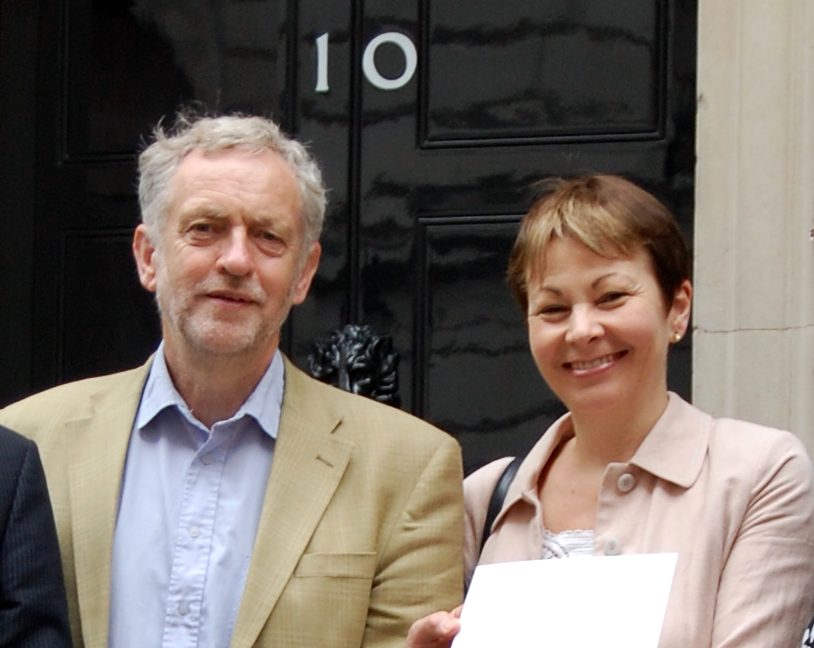Green Conference: Lawson’s biggest fears – Labour losing, Labour winning…
Monday at conference has focussed more on vision than on policy. First up was a panel with Compass head Neal Lawson and senior Lib Dem dissident Richard Grayson (former head of policy, former speech writer to Charles Kennedy).
Neal Lawson was, as ever, excellent, provocative, moving, charismatic – a genuine leader in Britain’s progressive movement. “The poor are getting poorer. The planet is burning. The definition of an idiot is someone who does the same thing again and again and expects different results – the left needs to find new ways to do things”.
“We need to re-introduce into our politics the elements of utopia – the recognition that everything that is good in our society today started out as someone else’s utopia – someone else’s dream. And mostly, we live in someone else’s dream – the dream of Hayek and of Friedman and of Thatcher”. A rallying cry for progressives “who are all in different tents in the same field” to find a shared vision and fight together for that vision.
Criticising his own party’s failure to learn from its mistakes, he said: “I have two big fears – I fear that the Labour Party will lose the next election, and I fear that the Labour Party will win the next election” – outlining the threats to stumbling back into government without realising where social democracy has gone wrong – how it could be “consigned to the dustbin of history” if it isn’t reformed.
Richard Grayson went on to outline what has happened to his party – how he has long been warning that the Orange Bookers meant what they said when they promised mass privatisation. Highlighting that it was 2008 – before ‘the size of the deficit became clear’ when Nick Clegg first proposed that the Lib Dems support overall cuts to public spending, and that he proposed privatised ‘free’ schools in his first ever speech as party leader, Prof Grayson was clearly as angry with his party as the rest of us are.
Interestingly, he also thought his party was “under-factionalised”: “let’s say some leading figure in the party had been prepared to vote against the coalition agreement, the mechanism for the grassroots to give them any kind of support in the party didn’t exist”.
In general, people expressed support for the pursuit of a shared vision for British progressives, proposed various mechanisms through which this shared vision could be welcomed, and thanked Compass for voting to allow Greens (and members of other non-Labour parties) to join.
Next up was a talk from Tim Jackson – author of ‘prosperity without growth’ – with a brief response from Neal Lawson. Tim Jackson outlined the way in which, over the last 30 years, more and more of Britain’s wealth has been distributed through shares to the rich rather than wages to the rest. He outlined the crucial role that the Green Party will have in opposing austerity – “There is a gaping chasm in politics”. Neal Lawson again outlined his vision, and said Jackson’s book was, after with ‘the spirit level’, the most important book since the credit crunch. In response to a question (from me) on the importance of ownership of the means of production, Neal Lawson – surely one of the most quotable people on the British left – said: “Who thinks ownership doesn’t matter? The owners!”.



Leave a Reply